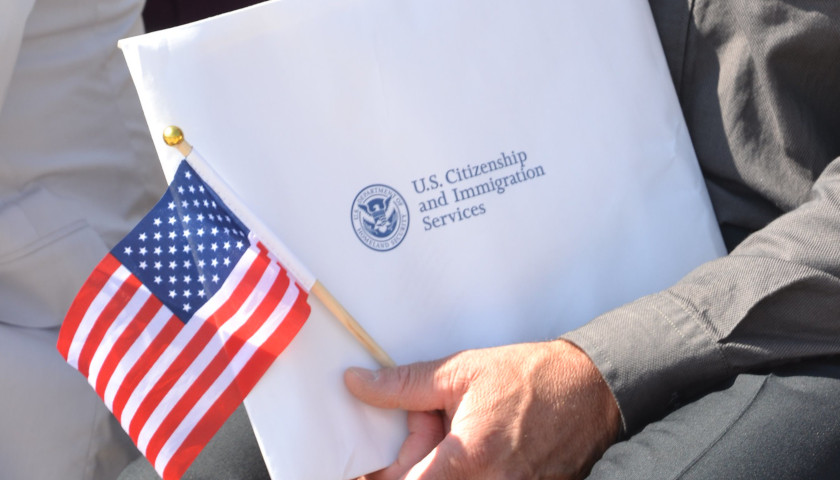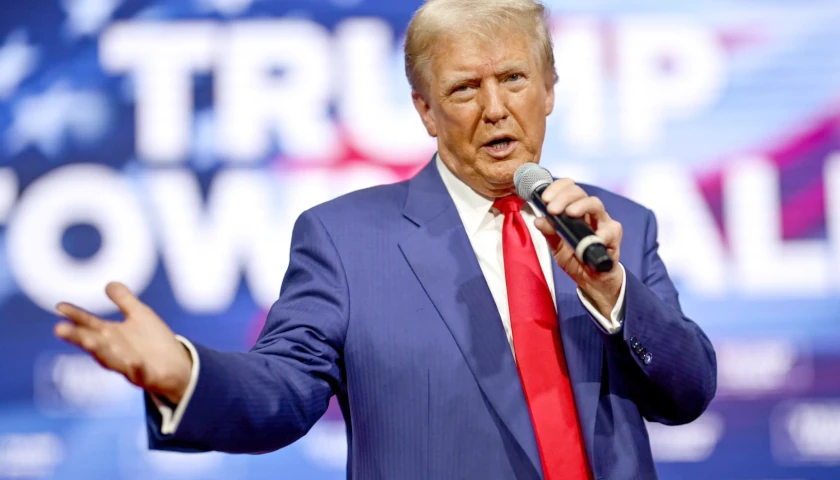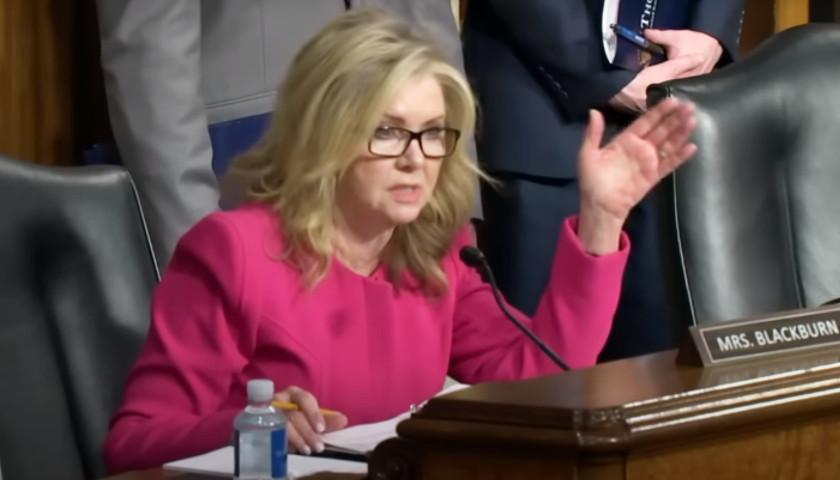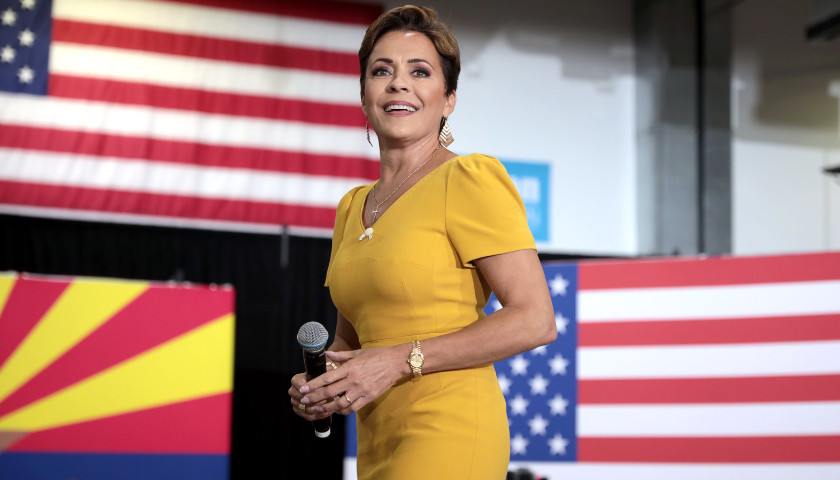by Jason Hopkins
Fresh off a Supreme Court victory, the Trump administration has announced a launch date for its “public charge” rule concerning immigrants who use taxpayer-funded benefits.
United States Citizenship and Immigration Services (USCIS), the agency within the Department of Homeland Security that manages legal immigration, revealed in a late-night Thursday announcement the rollout date of its public charge rule: Feb. 24. The new rule takes into account a green card applicant’s past use of government services, and could lead to the denial of permanent status for a large number of immigrants.
 “Self-sufficiency is a core American value and has been part of immigration law for centuries,” Ken Cuccinelli, the acting DHS Deputy Secretary, said in a prepared statement. “President Trump has called for long-standing immigration law to be enforced and U.S. Citizenship and Immigration Services is delivering on this promise to the American people.”
“Self-sufficiency is a core American value and has been part of immigration law for centuries,” Ken Cuccinelli, the acting DHS Deputy Secretary, said in a prepared statement. “President Trump has called for long-standing immigration law to be enforced and U.S. Citizenship and Immigration Services is delivering on this promise to the American people.”
“By requiring those seeking to come or stay in the United States to rely on their own resources, families and communities, we will encourage self-sufficiency, promote immigrant success and protect American taxpayers,” Cuccinelli continued.
First introduced in August 2019, the public charge rule takes into account an immigrant’s past use of taxpayer funded services — such as public housing assistance, food stamps, welfare cash payments, or Supplemental Security Income benefits — when determining whether to approve that individual’s green card application.
More specifically, USCIS can look into an applicant’s use of public benefits over a 12-month period within any given 36-month period during their time in the U.S. Such a rule, the administration argues, can help determine if that individual would become a “public charge” as a permanent resident.
The rule, however, was met with ardent opposition from Democrats and progressive groups who argued that it would ultimately bar low-income immigrants. Originally intended to go into effect in October, the rule was sidelined after several judges blocked it from being implemented earlier in 2019.
In a major victory for the administration, the Supreme Court earlier in January lifted the lower court injunctions, allowing the public charge rule to be enforced everywhere in the country except Illinois. The 5-4 split decision fell across typical ideological lines, with the nation’s four progressive judges ruling against the decision.
– – –
Jason Hopkins is a reporter for the Daily Caller News Foundation.
Photo “Citizenship Paperwork” by Grand Canyon National Park. CC BY 2.0.






Finally.